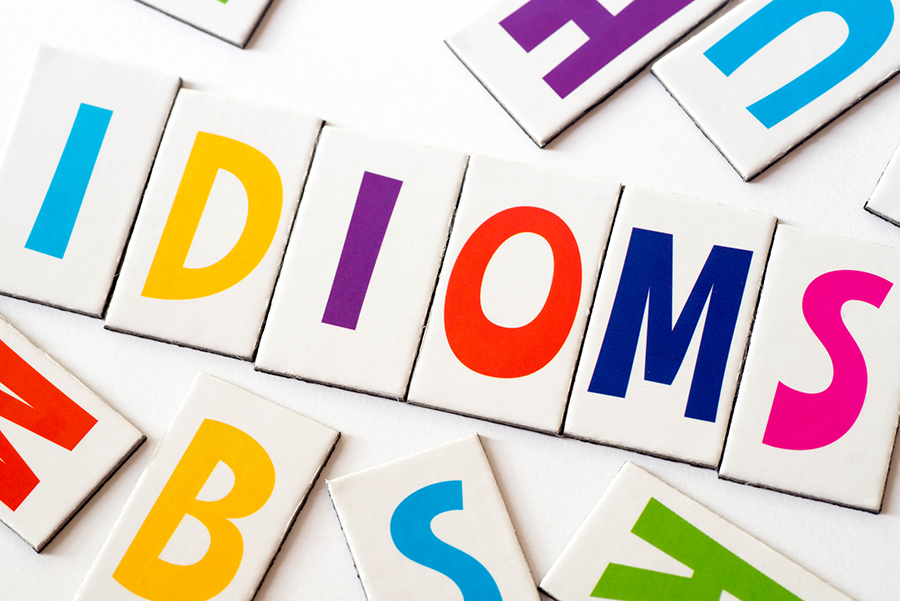4 اشتباه رایج گرامری در رایتینگ 1. Subject-Verb Agreement Errors The subject and verb of a sentence must agree with one another in number, whether they are singular or plural. If the …
!هفت اصطلاح کاربردی که باید بدانید not believe eyes Meaning: shock or surprise at something you see or hear Example: My fiancé is with someone else – I can’t believe my eyes. spick …
اشتباهات رایج: Watch, Look, See Watch, Look, See Example Mistake: Stop watching my private journal. / I look at the snow falling. / I don’t play tennis, but I look at them playing every day. Tip: “See,” “look” …
گرامر پیشرفته: ?First, firstly or at first First and firstly First can be an adjective or an adverb and refers to the person or thing that comes before all others in order, time, amount, …
نکاتی که باید بدانید: Conjunctions Conjunctions are linking words like and, or, but, then and because: They knocked down all the houses and they built a car park. Are there four or five people living in that …
گرامر پیشرفته: Discourse markers :so, right, okay Discourse markers are words or phrases like anyway, right, okay, as I say, to begin with. We use them to connect, organise and manage …
اصطلاحات انگلیسی: important idioms 1. First out of the gate – Meaning – Being the first one to make a start at something. Example – John and his friends had decided to voice their opinion against the new economic policy. John was the first one to be out of the gate. 2. Going places – Meaning – Exhibiting talent and ability that will lead to a successful future. Example – Rakesh was a performer at the school sports club. It was obvious that he was going places. 3. Have one’s heart set on – Meaning – Possessing a determination to obtain something. Example – He has not become a renowned cardiologist just by chance. He has his heart set on it after his father passed away with a cardiac arrest. …
گرامر پیشرفته: ?So that or in order that We use so that and in order that to talk about purpose. We often use them with modal verbs (can, would, will, etc.). So that is far more …
اشتباهات رایج: If or whether If, whether: typical errors We use whether, not if, before to-infinitives: I don’t know whether to buy the blue one or the red one. Not: I don’t know if to buy …



